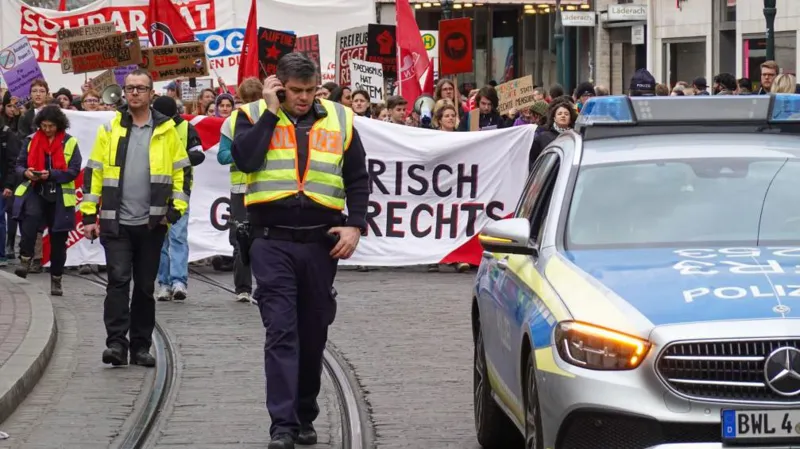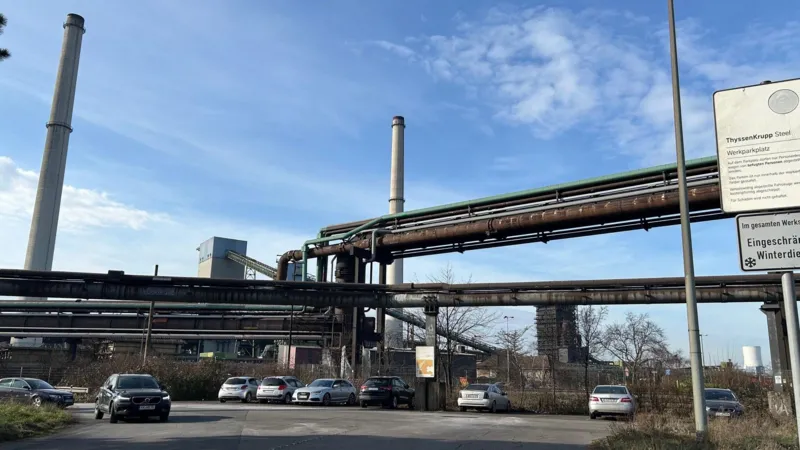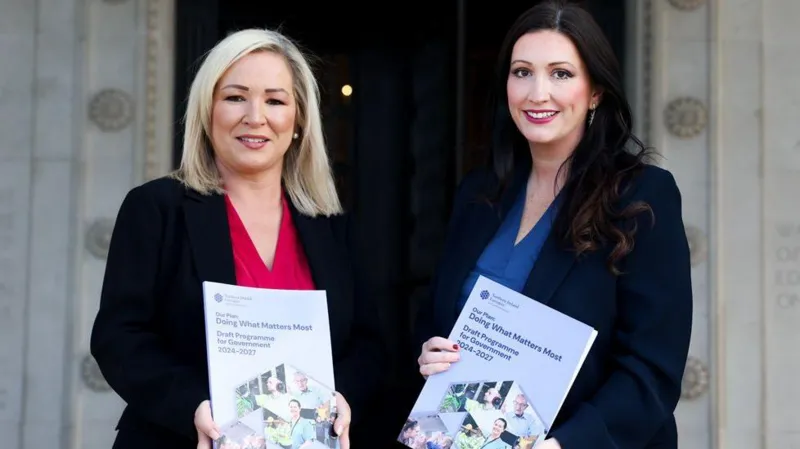
Voting begins in high-stakes German election watched closely
Voting begins in high-stakes by and US Germans are following an intensive campaign overshadowed by their country’s struggling economy and a series of fatal assaults that have highlighted migration and security concerns.
Friedrich Merz, the 69-year-old conservative leader, is leading the race to become Germany’s next chancellor in a vote that will be closely monitored in Europe and the US.
He vows to solve most problems in four years, which is a hefty goal for Europe’s largest economy and aging infrastructure.
If Merz’s Christian Democrats (CDU) win, he will need to form a coalition with at least one other party, most likely Olaf Scholz’s Social Democrats, whose government fell apart late last year.
Merz was categorical on the eve of the voting that there would be no cooperation with the far-right Alternative for Germany (AfD), which is poised to overtake Scholz’s center-left party as the second largest political force.
59.2 million Germans are eligible to vote, and while millions have already voted by mail, polls show that up to 20% were uncertain before to election day.
The polls conclude at 18:00 (17:00 GMT), with a clear notion of the outcome expected during the evening.
This important election has galvanized voters, and campaigning resumed on Saturday evening with a final discussion on national television, the ninth of the month.
This is a watershed moment for Germany, as it will have to make major decisions both on the international stage and at home.
Merz pledges strong European leadership, but Berlin is also under pressure to decrease military budgets.
Ukraine’s second-largest military
As Ukraine’s second-largest military assistance supplier, Germany’s next government will face a US president who has labeled President Volodymyr Zelensky a tyrant and shattered the West’s united front against Russia. German political establishment have also been taken aback by US Vice President JD Vance, who met with the AfD’s candidate for chancellor, Alice Weidel, and advocated for an end to the long-standing taboo of engaging to the extreme right.
In Germany, this is referred to as a firewall or brandmauer.
Merz was accused of violating it last month when he sought their assistance in parliament. Protests against the far right were held in various German towns on Saturday.

Voting begins in high-stakes German election watched closely
The AfD is already popular in numerous eastern states, but it is also fast expanding in the west, gaining support from younger Germans via TikTok.
One Weidel campaign video has received four million views.
Her pitch is straightforward: vote AfD, breach the firewall, and transform German politics.
The AfD aims to quit the EU, abandon climate change policies, construct nuclear power plants, and restore gas pipelines and connections with Russia.
Find out more about Germany’s elections:
Who’s who and what you need to know
Merz: Risk-taker who flirted with far right
Katya Adler: Far right looks for breakthrough as Germany falters
Tensions laid bare as Germans worry about immigration
A stabbing at Berlin’s Holocaust monument on Friday night has kept the story in the spotlight. The victim survived, and authorities stated the perpetrator was Syrian, with an antisemitic motive.
The AfD has adopted a highly contentious policy known as “remigration,” which it defines as deporting migrants who have committed crimes. However, the word can also apply to the widespread expulsion of migrants and their descendants.

The anti-immigrant party
The anti-immigrant party has already established a presence in portions of the west, particularly in Germany’s ancient industrial heartland, the Ruhr basin.
In last summer’s European elections, it received 20% of the vote in Marxloh, 25% in a nearby district, and 30% in the neighborhood next door.
Marxloh is a thriving area with a sizable immigrant population, recognized for its variety of businesses providing Turkish bridal attire.

Marxloh still has a functioning steelworks but much of the old coal and steel industry has gone
However, the fall of the coal and steel industries, as well as a lack of government investment, have had a significant impact.
In a park near Marxloh’s last steelworks, five young men in their early twenties described why they all intended to vote AfD.
“We’re young, we need work, and they don’t give us a chance to find training,” one man lamented.
“We’ve no money; everything’s more expensive; there aren’t many jobs any more and there’s so much dirt here.”

“No, they’re just normal people.”
According to Prof Conrad Ziller of the University of Duisburg-Essen, the AfD thrives in rural regions in the east, but grows in towns that have lost their industrial base in the west.
“Voices of people in favour of the AfD have become so loud, so if you’re in a doctor’s waiting room it’s really common to hear people chat about getting angry about the established politicians and government.”
Migration is the most prevalent source of discontent, and he feels Weidel has taken advantage of this by featuring prominently in all of the TV discussions.
When the discussion turned to the economy, social justice, or inequality, Prof Ziller stated that “the AfD deflected it and said the main problem is not economics, it’s migration, and the government didn’t do a good job”.
While opinion surveys have consistently shown who is dominating the race, certain parties may not meet the 5% threshold for the newly slimmed-down parliament.
If fewer parties get representation in the 630-seat Bundestag, it will be easier to establish a majority government.
The economic liberals, the Free Democratic Party (FDP), were in the last administration but face extinction on Sunday, together with the left-wing populist party BSW.
However, the Left Party has witnessed a rebound in recent days, and pollsters predict it will become the fifth largest party after the Greens.





Thanks for great news this site is very wounderfull